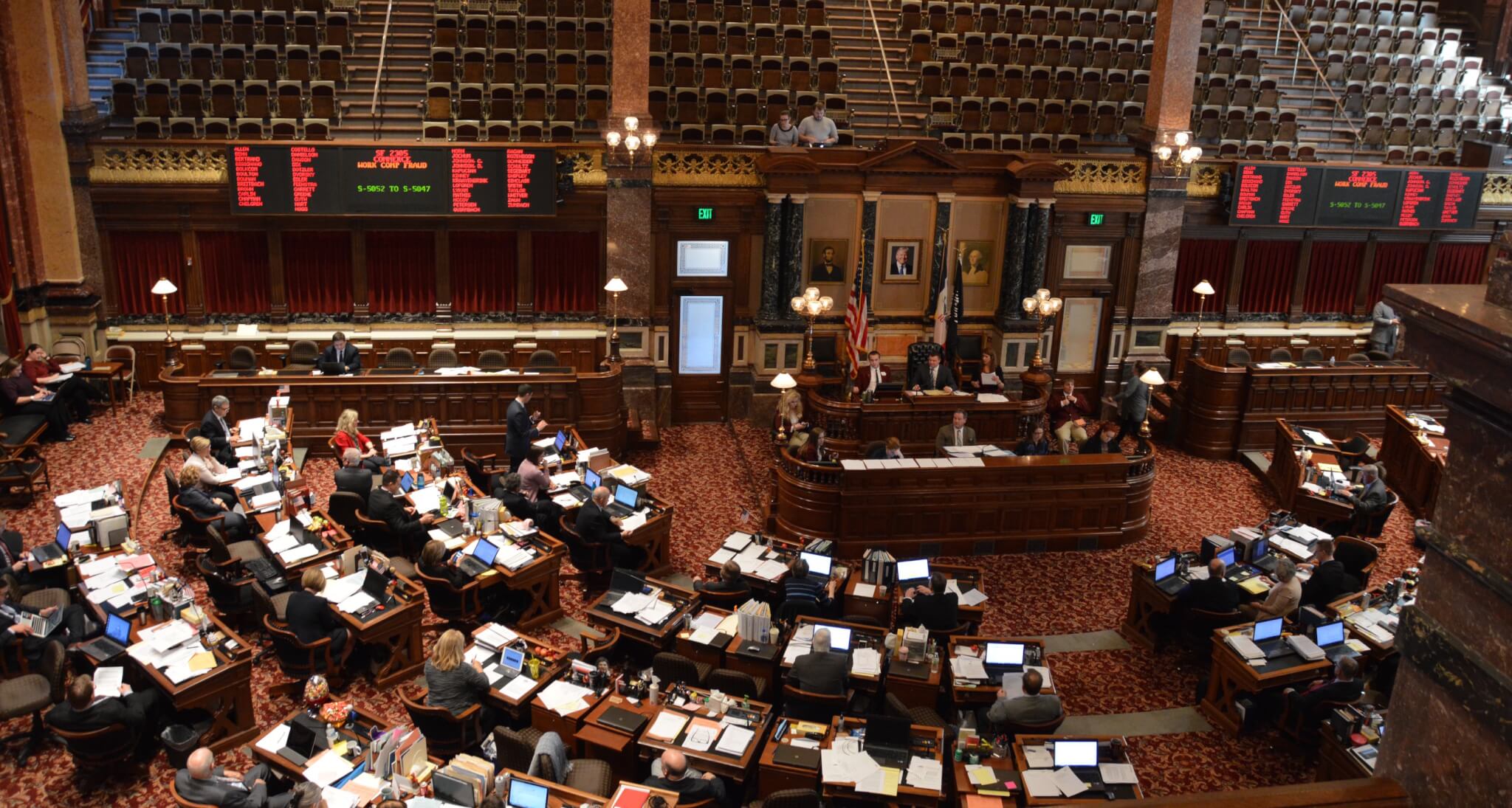
A guest post on the state’s sex education programs.
My name is Natalie Harwood, and I am a health educator at Planned Parenthood. I work under a public grant called the Community Adolescent Pregnancy Prevention program (CAPP). Year after year, I see anti-abortion politicians in the Iowa legislature introduce legislation that would prevent Planned Parenthood from using CAPP and other public funds for sexual health education.
There seem to be a lot of false assumptions about what Planned Parenthood teaches in sex education classes. I want to set the record straight about our programs.
First, here is how Planned Parenthood gets this funding.
Planned Parenthood was awarded the CAPP grant during a competitive grant process. Other organizations apply for this grant, and Planned Parenthood is not the only organization in Iowa that receives the funding. However, one of the reasons we are continually chosen is because we can reach the largest number of youth participants, and we have the most trained and experienced educators.
[inline-ad id=”0″]
Second, here are the facts about what my students learn.
As a professional health educator, I am trained on a handful of curricula – all of which use research-based approaches in program development, implementation, and evaluation. I teach these curricula by the book because I know they work. Anyone involved in my classes can see what I teach, including parents and stakeholders, and I am required to turn in records of any changes I make to lesson plans.
As set by the curricula, I teach youth the skills they need to have healthy relationships, communicate with their peers, and keep themselves safe – including knowing how to prevent pregnancy and STIs if and when they decide to have sex. I also teach them how to say “no,” and we use roleplay to practice standing up for yourself under pressure.
Contrary to some misconceptions, abortion is not a part of any curricula I teach. I do teach common forms of birth control. That is because all organizations that receive this CAPP grant funding must include information on family planning services. I am there to provide the facts in a nonjudgmental way, and to teach youth how to make decisions that align with their own values.
[inline-ad id=”2″]
Third, here are the facts about Planned Parenthood’s impact in providing education.
Last year, we provided 2,642 programs that reached 40,564 people. Under CAPP, I facilitated 351 of those classes, reaching thousands of youth. In part as a result of Planned Parenthood’s reach in increasing access to pregnancy prevention information, from 2013-2017 the teen birth rates dropped 20.3% and 37.1% in Polk and Dallas counties, respectively.
Again, these are just facts.
Numbers aside, I’ve been working in health care and health education for almost a decade now, and I can see day in and day out the impact of my work – which is witnessing youth develop the skills needed to become healthy adults, including delaying sex until they are ready.
Working with young people to keep themselves healthy is my life’s work – and at Planned Parenthood, I see every day that my work matters.
[inline-ad id=”1″]
by Natalie Harwood
Posted 4/14/19
Politics

It’s official: Your boss has to give you time off to recover from childbirth or get an abortion
Originally published by The 19th In what could be a groundbreaking shift in American workplaces, most employees across the country will now have...

Trump says he’s pro-worker. His record says otherwise.
During his time on the campaign trail, Donald Trump has sought to refashion his record and image as being a pro-worker candidate—one that wants to...
Local News

No more Kum & Go? New owner Maverik of Utah retiring famous brand
Will Kum & Go have come and gone by next year? One new report claims that's the plan by the store's new owners. The Iowa-based convenience store...

Here’s a recap of the biggest headlines Iowa celebs made In 2023
For these famous Iowans, 2023 was a year of controversy, career highlights, and full-circle moments. Here’s how 2023 went for the following Iowans:...




